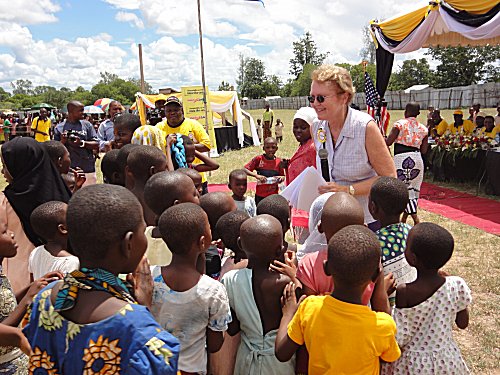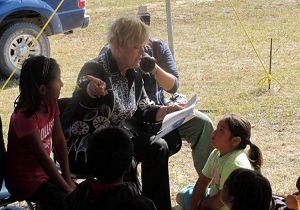
Widespread illiteracy not only leads to lower education and employment rates, it is also linked to increased crime moreover incarceration also a high social and economic cost. Read on to learn more about the terrible effects of illiteracy on civilization and what one can do to help.
What do you understand by Illiteracy?
Most of the people think of literacy as a simple question of being able to read. Whereas a young child which can work her way through a basic picture book is considered to have age-appropriate literacy levels an adult that can only read at most fundamental level is still functionally illiterate.
The country needs that adults not only be able to read also understand basic texts but also be able to function in the workplace, pay bills, understand legal also financial documents as well as map read technology not mentioned the advanced reading comprehension skills required to pursue postsecondary education and the opportunities which come with it.
As per result, when we all talk about the effects of illiteracy on society, we are talking primarily about what will happens when you have a large number of adults whose literacy skills are too low to perform normal or day-to-day tasks. Though, it is worth keeping in mind that childhood illiteracy is of course directly correlated to adult illiteracy.
Illiteracy all around the World:
The United Nations launched the United Nations Literacy Decade (UNLD) in 2003, with the slogan "Literacy is freedom." working under the principles which "literacy is a human right," the initiative aims to progress efforts of literacy which increase global literacy levels also reduce poverty.
As per the UNLD:
1. All over the globe: one in five adults cannot read or write
2. In low-income nations: only about 61 percent of adults are literate
3. In high-income nations: almost 99 percent of adults are literate
Illiteracy in the U.S.:
As compared to all over the world the United States is doing well. As per, latest Survey of International Adult Literacy (IALS) among 19% and 23% of American adults executes at the top levels for every of the three literacy scales: prose literacy, document literacy and quantitative (number) literacy. Sweden is the only nation which scored higher.
So far many Americans are being left behind. In the same survey found that among 21% and 24% of United States adults performed at lowest level for all 3 scales a figure echoed by the National Adult Literacy Survey (NALS). So, assume what effect does this have on society of the United States (US)?
Poverty & Employment:
On average, in literacy adults are at the lowest levels:
1. Earn about $230-$245 every week
2. Work only 18-19 weeks every year
3. Are more than three times as likely to receive food stamps (17%-19% as compared to 4% of those who read at the highest levels)
4. Are almost ten times more likely to be living below the poverty line (41%-44% as compared to 4%-8%)
Imprisonment:
Between 31% and 40% of prisoners read at the lowest literacy level, which is at least ten percentage points worse than the national average. Only four percent to seven percent of the prison population reads at the highest two literacy levels, compared to 18% to 21% of the remaining population.
Since the above statistics show illiteracy can be closely correlated with low earnings and high incarceration rates. Individuals who can't struggle to function in their society can cripple their lives also increase the burden on state prisons and economic support systems.
How One Can Help:

Though illiteracy seems like an overwhelming problem, there are so many things which individuals can do to help. One can help prevent illiteracy by becoming an instructor at a nearby school or going to a poor neighbourhood also offering literacy support at a local school or community centre. One can also help adults to overcome from literacy challenges by volunteering at an adult basic education centre where they can teach adults to read along with help them with basic life skills.
Individuals who need to spend more and more time in working on this issue can consider getting involved with a national organization such as AmeriCorps. Students who like to dedicate themselves to fighting illiteracy may be interested in degrees of education, public administration or social work.